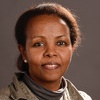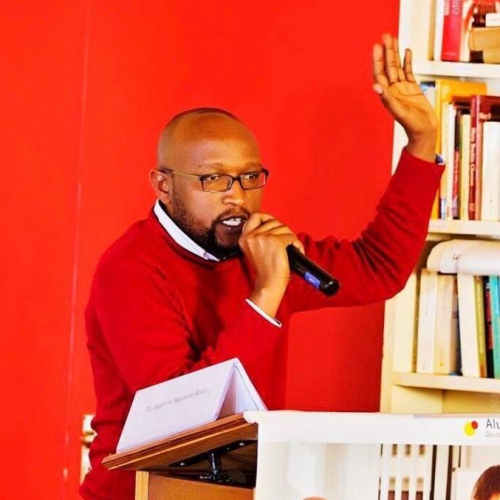SPRING Alumni Conference 2020
Responding to the Global Pandemic towards a Sustainable and Resilient Future.
Join us online
Presenters
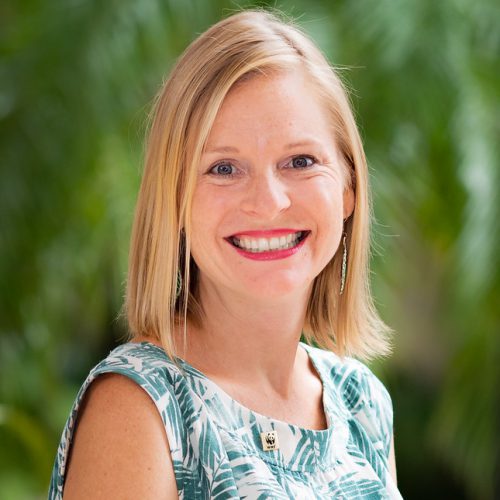
Dr. Jennifer Lenhart
Global Lead, WWF Cities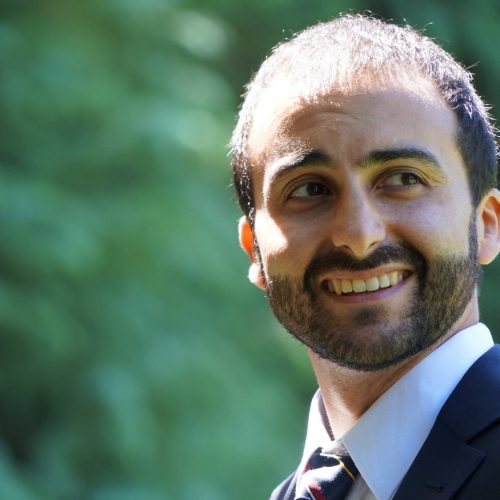
Dr. Antonio Zumelzu
Instituto de Arquitectura y Urbanismo, Universidad Austral de Chile.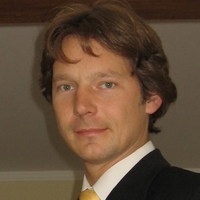
Dr. Felix Fuders
SPRING, Facultad de Ciencias Económicas y Administrativas, UACH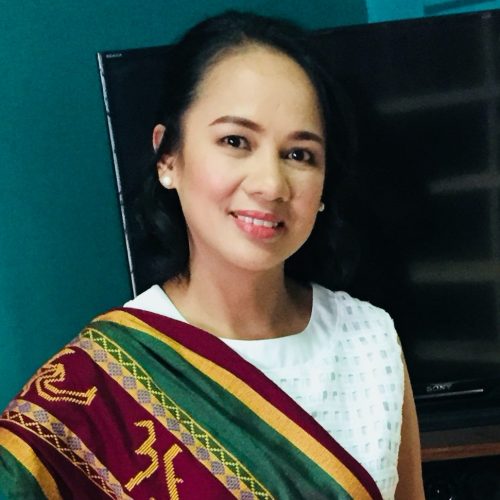
Rowena T. Zapanta
City Planning and Development Coordinator, Antipolo City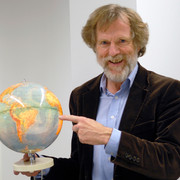
Prof Einhard Schmidt-Kallert
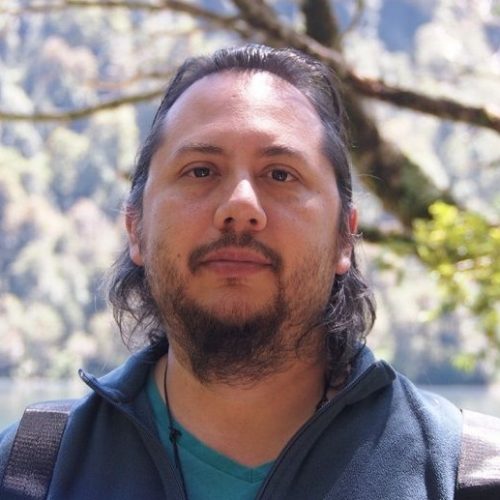
Dr. Daniel Lühr Sierra
Academic Staff, Institute of Electricity and Electronics, FCI - Universidad Austral de Chile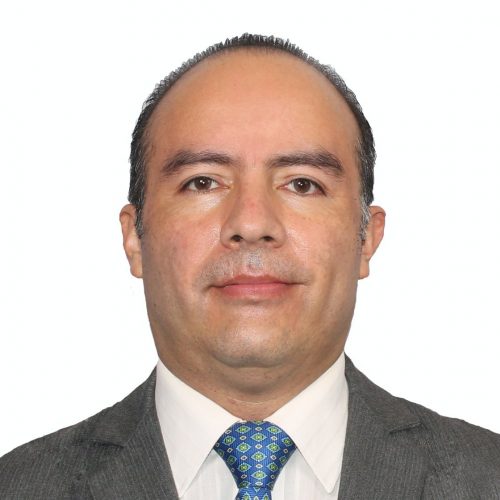
Julio Estrada, M.Sc.
Consultor, Urban and Regional Planning and Management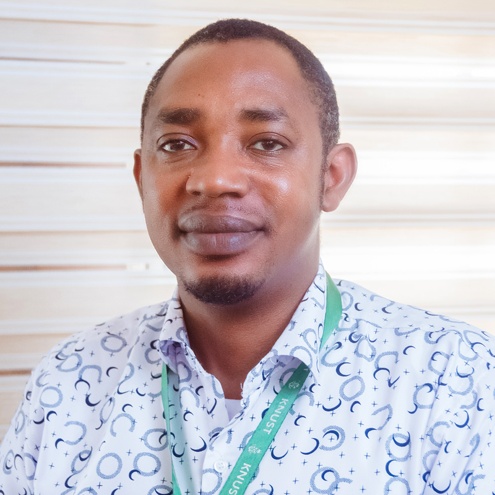
Dr. Clifford Amoako
PhD. Coordinator, Postgraduate Planning Programmes Department of Planning KNUST Kumasi, Ghana.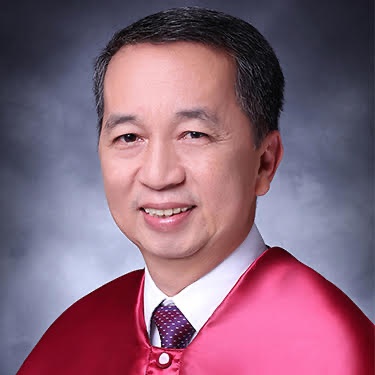
Ar. Rodolfo P. Ventura
MSc Dean, College of Architecture, University of Santo Tomas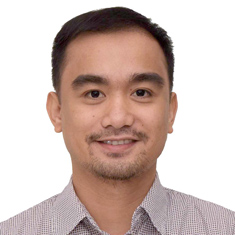
Bonnie Andrew Mendoza
Procurement Analyst Asian Development BankTopic focus
This year the world continues to grapple with the COVID-19 Pandemic and its implications. SPRING Alumni remain committed to yielding opportunities for inter-regional dialogue and the open exchange of ideas, so we understand the new normal by supporting and learning from each other.
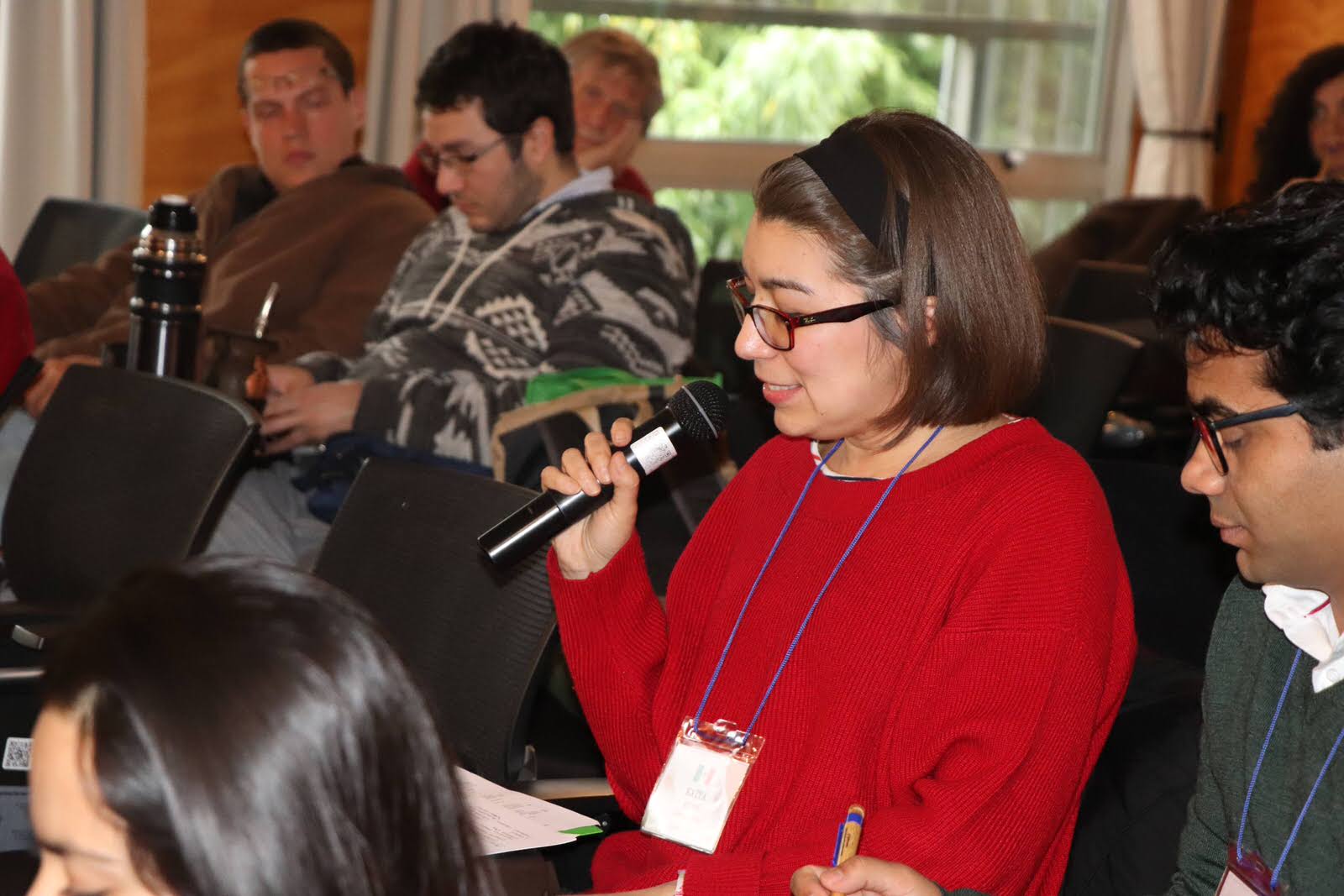

The Impact – Understanding Regional Context and the impact of COVID-19
The first objective of the conference is a knowledge-based understanding of regional planning practices, shedding light on the chosen SDGs. Speakers from Africa, Asia, Latin America and Europe will introduce their regional contexts in the form of pre-recorded material, which will be available for participants before the online conference to have a baseline understanding of different contexts.

Planning for resilience – Learning from the COVID-19
The second objective is a 3 day online conference with dialogue and workshop sessions concerning the pandemic’s assumed effects in light of the chosen SDGs, how these reinforced or disrupted prevailing regional spatial development, planning, and governance. The aim is to gather impacts and propose improvements to continue the 2030 SDG Agenda, and be better prepared for future pandemics in policy making, governance and academia.

Towards a Sustainable and Resilient Future
The Conference will be concluded with a compilation of relevant innovative strategies that can be implemented to assist countries in achieving the selected SDGs. The ideas shared by speakers and a summary of workshop sessions would be made available in various formats. The documentation is to serve as a reference material and also provide guidance in future pandemics and shocks.
Program
October 23, 2020
17:00 hour CEST
Build Back Better: The recovery and future of markets, public space and informal economy – Design protocols for governing safe cities and communities.
Focus Area: SDG 11 Sustainable Cities & Communities
Moderator: “Moritz Kasper – Consultant, phd candidate Urban studies, culture & development. TU Dortmund
“
Speakers: Dr. Jennifer Lenhart, Dr. Antonio Zumelzu and Dr. Felix Fuders
Speakers:
Moderator:
October 24, 2020
17:00 hour CEST
Food security strategies: Systems, distribution and network management for future pandemics – Urban agriculture
Focus Area: SDG 2 Zero Hunger
Moderator: Vinson Serrano – College Secretary, University of Santo Tomas College of Architecture
Research Fellow, Research Center for Culture, Arts and the Humanities, UST
17:00 hour CEST
Circular economy: The way to combat poverty
Focus Area: SDG 1 No Poverty
Moderator: Maija Kale – Adviser for Digitalisation and Sustainability at the Nordic Council of Ministers’ Office in Latvia
Speaker: Frans Beckers
18:50 hour CEST
Hybrid sectors: Synergizing the health care system with other sectors
Focus Area: SDG 3 Good Health & Wellbeing
Moderator: Dr Genet Alem – Faculty IPS – International Planning Studies, TU Dortmund
Speaker: Prof. em. Dr. Einhard Schmidt-Kallert
18:50 hour CEST
The future of Education: Planning Digital Innovation in Service Delivery
Focus Area: SDG4 Quality Education
Moderator: Leo Mutisya – Programs Assistant at Constituion and Reform Education Consortium-CRECO
Speaker: Dr. Daniel Lühr Sierra
October 25, 2020
17:00 hour CEST
Resilience and Inclusiveness in Spatial Development Planning: A post-pandemic Resolution (with an overview from multiple contexts)
Focus Area: SDG 11 Sustainable Cities & Communities
Moderator: Dr. Himanshu Shekhar, Associate Academic Officer, United Nations University
Institute for Environment and Human Security (UNU-EHS)
Speakers: Julio Estrada, Dr. Clifford Amoako and Ar. Rodolfo P. Ventura
Speakers:
Moderator:
Organised By:
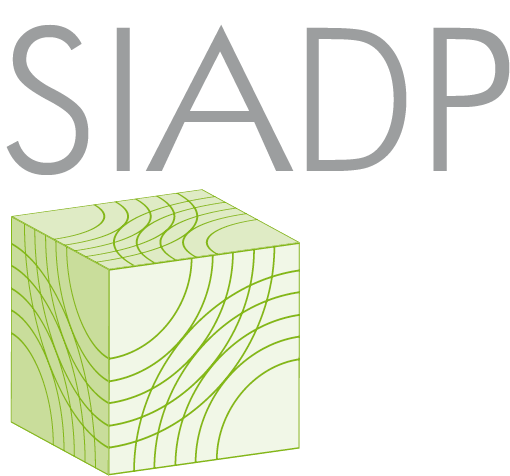
In cooperations with:

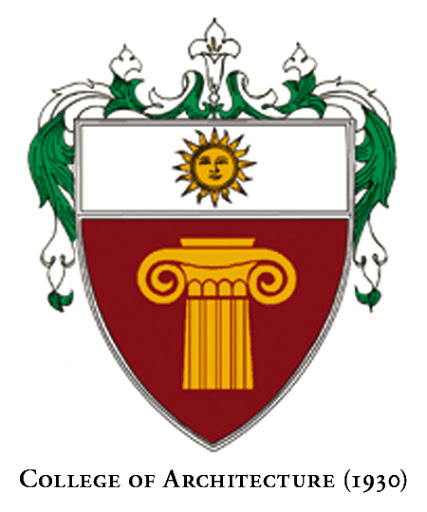
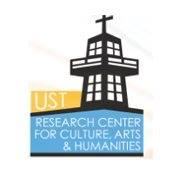
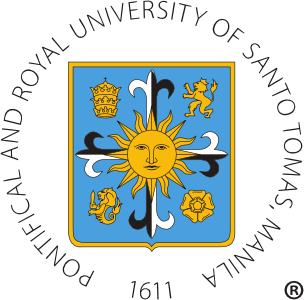
Supported By:



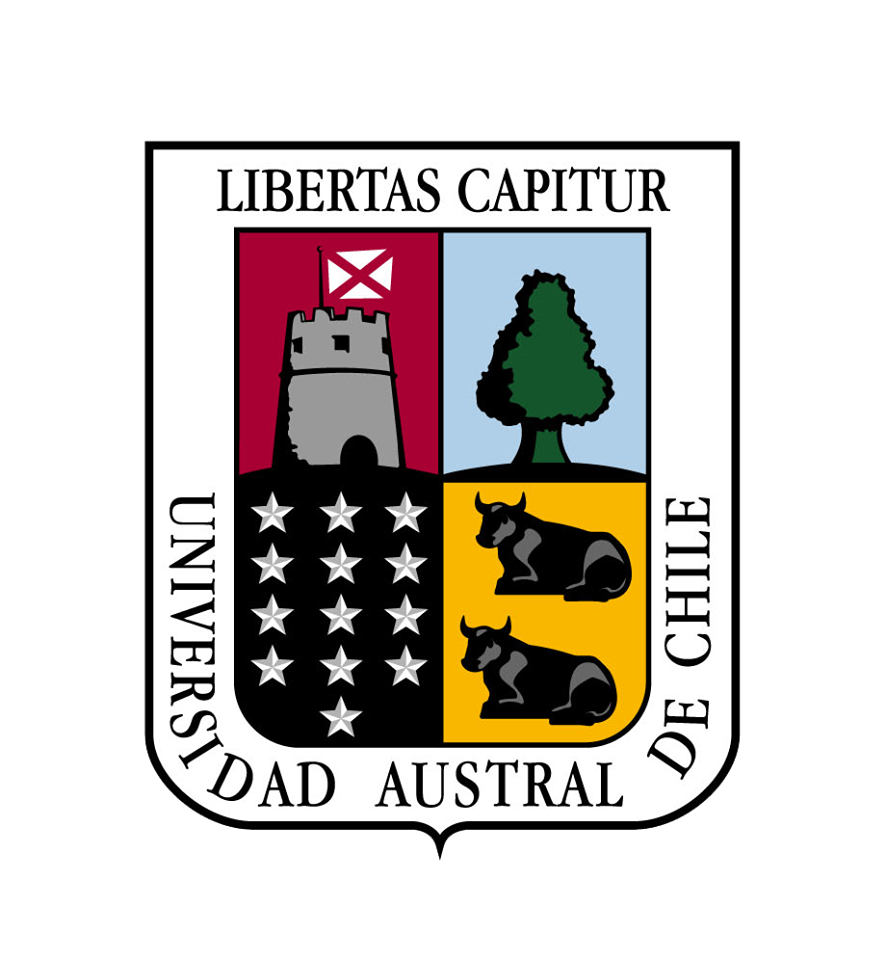


Your support, along with that of our members, helps make it possible to accomplish the online conference for 2020. Thank you for supporting.





